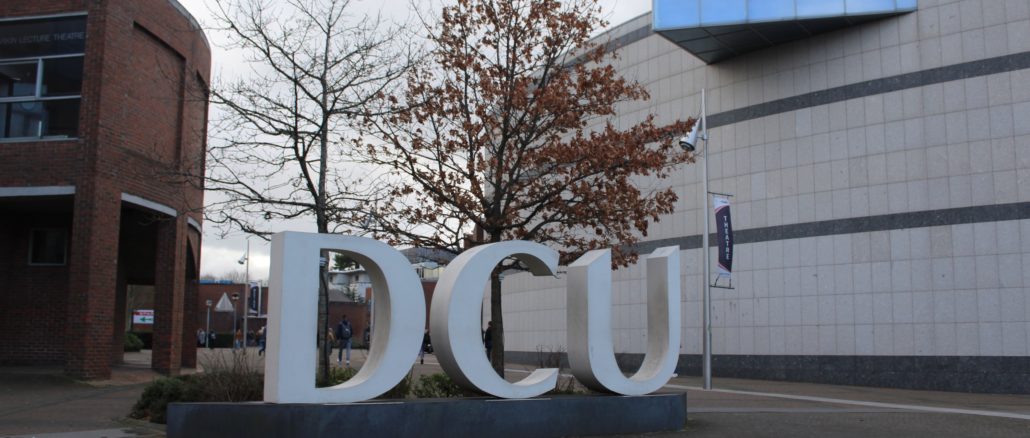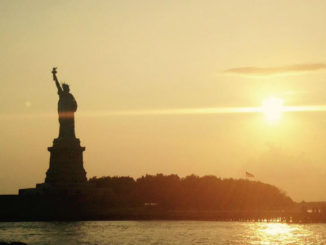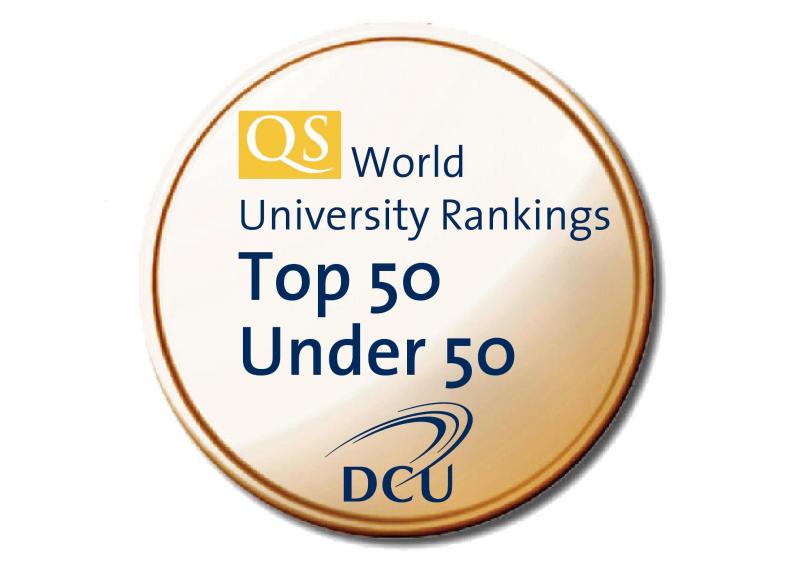
Politicians across the globe are struggling to comprehend and reckon with the scale of the challenges that this crisis presents and the responses differ substantially from border to border.
While Canada’s Justin Trudeau and Germany’s Angela Merkel embraced the battered and beleaguered of Syria, America’s Donald Trump and Hungary’s Viktor Orbán plan to put up walls and barriers to get them out and to keep them away.
Yet it is not just the world or government leaders that have a role to play in responding to the refugee crisis. Individuals, businesses and organisations have been called on to show practical and strong leadership on this matter.
DCU has become Ireland’s first designated ‘University of Sanctuary’ – something that everybody in the DCU family can be proud of, whether you are staff, student or alumni.
However, what exactly does this mean and why has DCU been chosen by the UK-based City of Sanctuary organisation to be awarded such recognition and distinction?
The phrase “charity starts at home” springs to mind and the management of DCU has been working hard over the past few months to make the university as welcoming, as inclusive and as accommodating as possible for refugees and asylum seekers that have fled war, conflict and famine to reach the shores of Ireland. That work has paid off with this designation.
DCU’s President Brian MacCraith said recently, “the title is not a destination but rather the marker on the beginning of a journey” and what a journey it will be for the 15 refugees that are fortunate enough to receive academic scholarships from the university, which is beginning in September of this year.
For many of them, whether they come from Aleppo, Kabul, Mogadishu or Sana’a, the chance to realise their potential in life and to escape the devastation of their homelands is something many of us in Ireland will never know. We inadvertently take our access to education, our personal freedom and our safety and security for granted.
But how will DCU be able to retain its new found status as a “University of Sanctuary” and how will it practice what it preaches as the naysayers would enquire?
A steering group of staff and students will be established and a refugee week will be held. An initiative will be pioneered to allow DCU students teach English to the refugees, the Mosney Book Club for those living in direct provision who cannot borrow books from public libraries and an inaugural “University of Sanctuary” lecture on campus.
DCU becoming a “University of Sanctuary” is not something that has happened by accident. It is the result of the efforts and work of DCU to do something bold and proactive in response to the refugee crisis.
History will remember that this university rejected hatred, intolerance and prejudice, but rather welcomed, embraced and assisted these refugees and asylum seekers to become a valued part of the Irish Nation.



